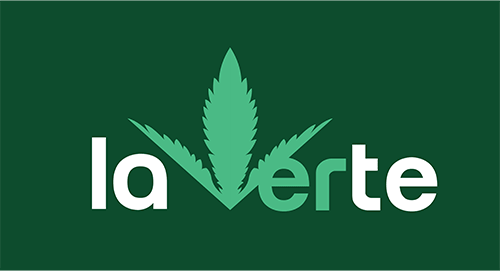News cbd
The legalisation of cannabis in Germany 420
Buying good quality CBD at a good price in France in the context of the legalisation of cannabis in Germany
The recent legalisation of cannabis in Germany constitue un tournant majeur dans la politique européenne en matière de cannabis. Cette évolution pourrait avoir un impact sur les marchés voisins, notamment en France, où l’intérêt pour acheter du CBD de bonne qualité à bon prix est en constante augmentation. Dès le 1er avril, l’Allemagne permet à ses citoyens d’acheter et de cultiver légalement du cannabis pour usage personnel, reflétant une tendance plus large vers la libéralisation du cannabis en Europe.
La France, bien que n’ayant pas encore légalisé le cannabis à des fins récréatives, observe attentivement ces développements. En France, le marché du CBDa legal component of cannabis known for its relaxing effects without the psychoactive effects of THC, est en plein essor. Les consommateurs français sont de plus en plus en quête de produits CBD de haute qualité et à des prix compétitifs, dans un marché réglementé visant à garantir la sécurité et l’efficacité.
La décision allemande, appuyée par le gouvernement d’Olaf Scholz, autorise l’achat de cannabis à hauteur de 25 grammes par jour et la culture de trois plants par individu. En France, bien que le cadre légal soit différent, la demande pour des produits CBD légaux et de qualité montre une ouverture similaire à une régulation plus souple. Les consommateurs français sont désormais plus que jamais intéressés par les possibilités d’acheter du CBD de bonne qualité à un prix abordable, tout en respectant les normes légales.
The discussions in Germany revealed political divisions, but also a growing interest in cannabis regulation, similar to the situation in France where the debate on CBD and its legal framework is gaining momentum. Critics from a variety of sectors highlight the challenges of legalising cannabis, including CBD products in France, where quality and cost are major considerations for consumers.
German regulations, including restrictions on the sale of cannabis and strict controls on where cannabis is consumed, reflect a concern for regulation that also resonates in France. In the French CBD market, consumers are looking for safe, regulated products that guarantee both quality and a good price.
L’Allemagne envisage également des « Clubs de cannabis » pour réguler la culture et la distribution, un modèle qui pourrait inspirer des réglementations similaires en France pour le CBD. Ces clubs limitent l’accès au cannabis, garantissant que la production reste légale et contrôlée, un principe qui pourrait être bénéfique pour le marché français du CBD, où la qualité et la traçabilité sont cruciales.
En conclusion, l’évolution législative en Allemagne concernant le cannabis pourrait influencer la perception et la réglementation du CBD en France. Les consommateurs français restent attentifs aux développements internationaux, cherchant à acheter du CBD de bonne qualité et à bon prix, dans un cadre légal et sûr. La situation en Allemagne pourrait donc servir d’exemple pour la future régulation du CBD en France, soulignant l’importance d’un marché bien régulé pour assurer la qualité et la sécurité des produits disponibles.

